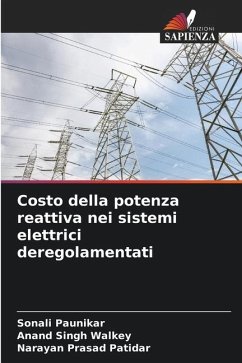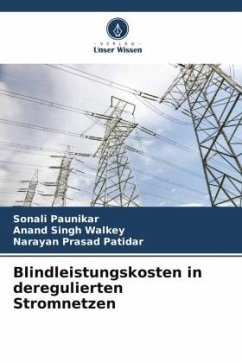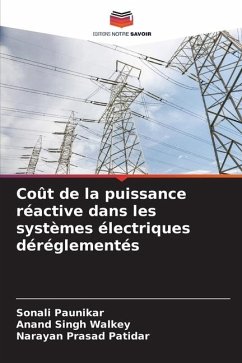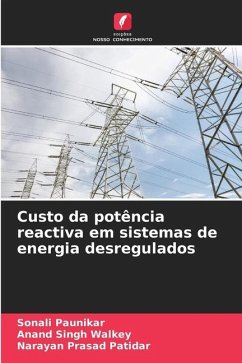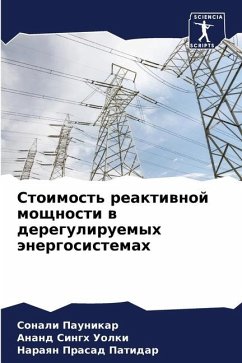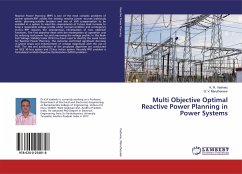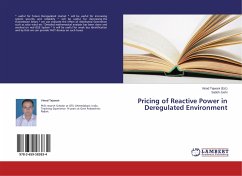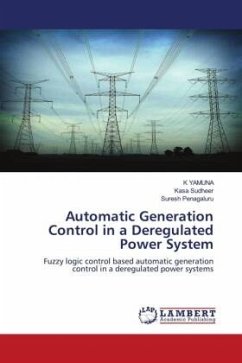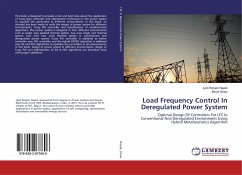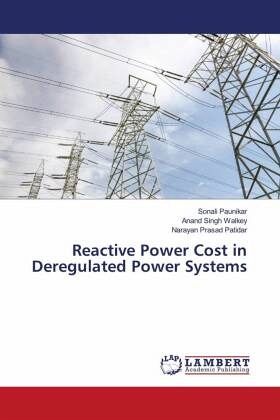
Reactive Power Cost in Deregulated Power Systems
Versandkostenfrei!
Versandfertig in 6-10 Tagen
45,99 €
inkl. MwSt.

PAYBACK Punkte
23 °P sammeln!
Reactive power service is one of the key ancillary services and the trading in it is becoming a reality for deregulated electricity markets. With deregulation of electricity sector each electric power service in the power system should be economically valued and the fair rules for evaluation and compensation need to be established. This has generated a need to quantify the value and to compensate the service of reactive power support. In this book, quadratic opportunity cost function for reactive power has been derived in terms of real power cost parameters and day-ahead data of energy market ...
Reactive power service is one of the key ancillary services and the trading in it is becoming a reality for deregulated electricity markets. With deregulation of electricity sector each electric power service in the power system should be economically valued and the fair rules for evaluation and compensation need to be established. This has generated a need to quantify the value and to compensate the service of reactive power support. In this book, quadratic opportunity cost function for reactive power has been derived in terms of real power cost parameters and day-ahead data of energy market using capability curve of synchronous generators, and hence the overall objective function is derived by summing up of quadratic cost functions of real and reactive power generation. Cost of extra reactive power support towards the voltage security cost is determined as difference of total reactive power cost before and after reactive power support beyond critical limit of the Generator.



